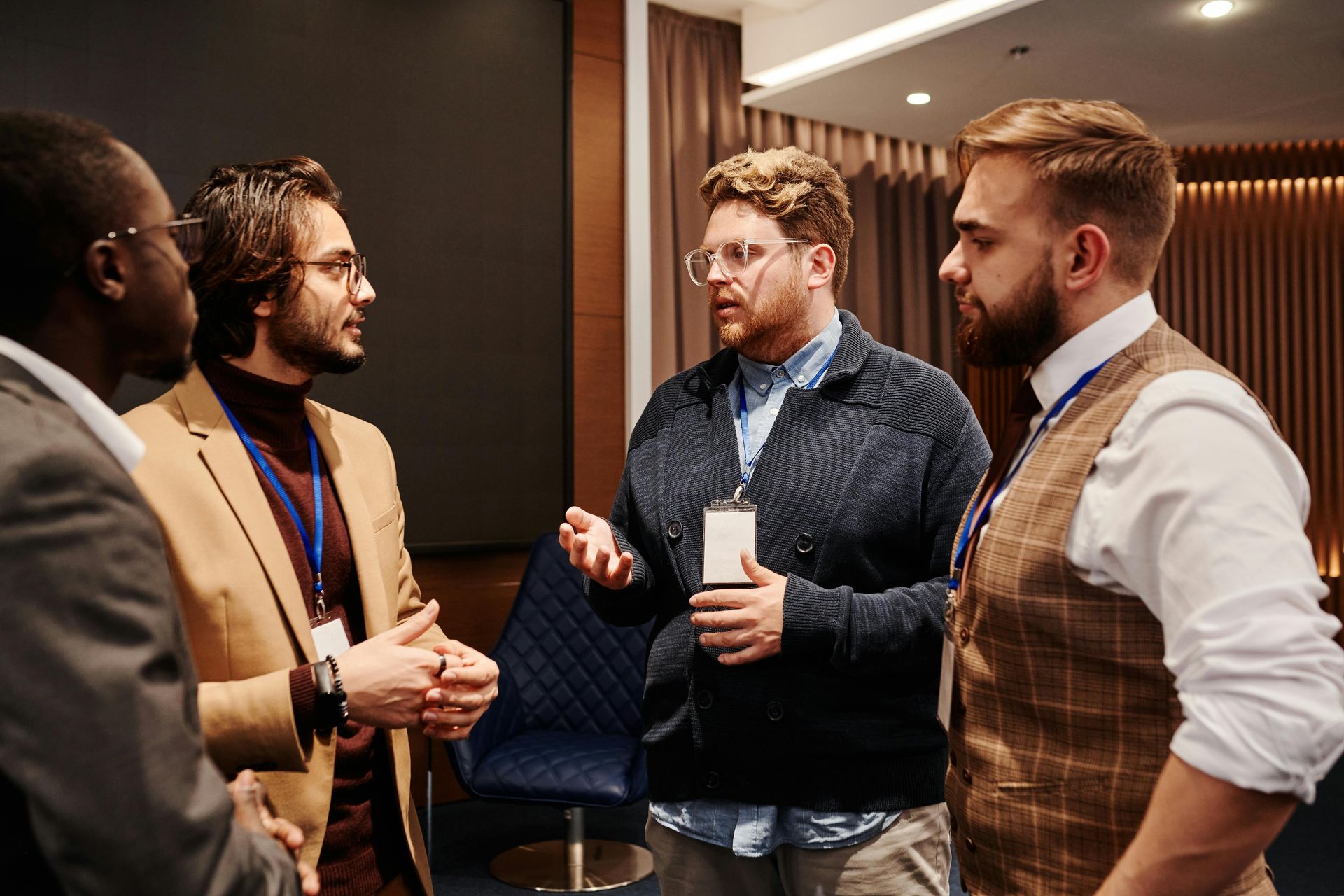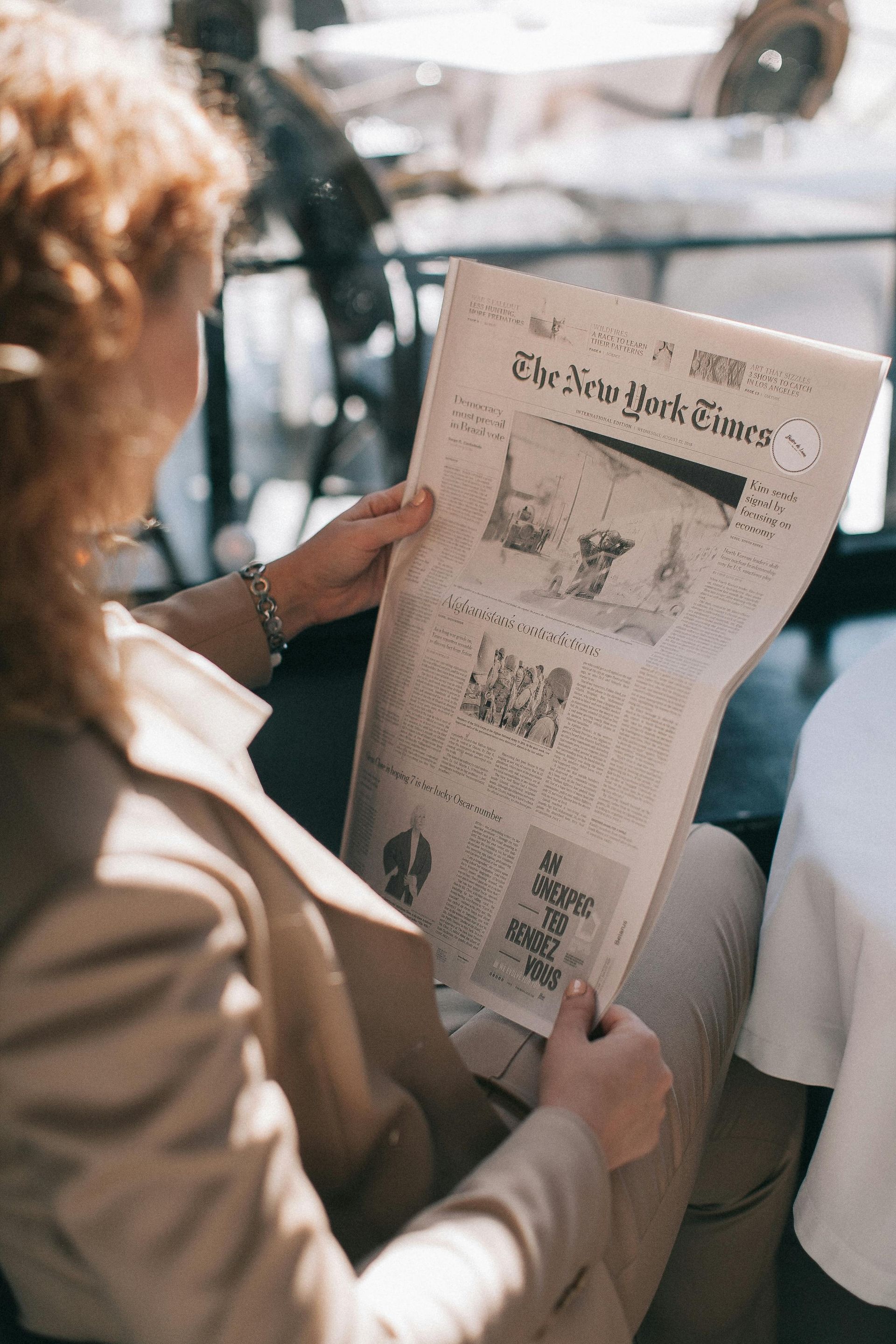Contact Us
Phone:
Email:
Location:
1234 Street Name, City, State 12345
Hours:
Mon - Fri 8am to 4pm
Harvard Couldn’t Save Both Claudine Gay and Itself
The New York Times
By Ross Douthat
January 4, 2024
Throughout the weeks that Harvard spent resisting, unsuccessfully, the calls for Claudine Gay’s resignation, a common line of defense of the embattled Ivy League president was that it’s essential not to hand any kind of victory, under any circumstances, to conservative critics of higher education.
For instance, a Harvard Law professor, Charles Fried, said that he might give “credence” to the evidence that Gay was a serial plagiarist “if it came from some other quarter.” But not, he averred, when it’s being put forward as “part of this extreme right-wing attack on elite institutions.”
Such right-wing attacks, argued Issac Bailey, an assistant professor of communications at Davidson College, ultimately have nothing to do with the particulars of any given academic scandal: “Right-wingers believe awful things about liberals and colleges because they want to believe awful things about liberals and colleges, and they will always refuse to believe anything else, no matter what liberals and colleges say or do.”
Now that Gay has departed, now that the work of conservative activists and journalists has overcome institutional resistance, it’s worth examining right-of-center beliefs about higher education a bit more closely. The right’s writers and activists have indeed spent generations, from Christopher Rufo in the present day going back to William F. Buckley Jr. in the 1950s, critiquing the liberal tilt of academia. And the consistency of that critique could understandably persuade academics that it doesn’t really matter where they stand, what they teach or, for that matter, how tough they are on plagiarism. The right will always be against them — and bent on destruction, not reform.
But until quite recently, the right’s critique of academic bias coexisted with a surprisingly strong respect for American universities among Republicans. As late as Barack Obama’s second term — hardly a high point for right-wing institutionalism and respect for credentialed authority — Gallup polling showed a majority of Republicans reporting either a “great deal” or “quite a lot” of confidence in American higher education. Pew Research Center polling around the same period found that 53 percent of Republicans and Republican-leaning respondents thought that colleges and universities had a positive effect on “the way things are going” in the United States, as against just 35 percent who dismissed their effect as primarily negative.
Across just a few short years, however, that support rapidly collapsed. By 2019, 59 percent of Republicans and Republican-leaning respondents told Pew that higher education had a negative effect on the country; by 2023, Gallup’s polling found that just 19 percent of Republicans were favorably disposed toward higher education.
There are a couple of ways that one could interpret this profound shift. Maybe the internet and social media changed everything; maybe Donald Trump, Rufo and a constellation of right-wing influencers have simply succeeded in deceiving and inflaming the public (including nonconservatives, since academia’s reputation also took a major hit among independents) against universities on a scale that far exceeds anything that Buckley, Ronald Reagan or Rush Limbaugh ever achieved.
On the other hand, the sudden Republican alienation from the American university could also be seen as an entirely reasonable response to academia’s own internal transformation in the past 10 years or so: the ideological ferment of the Great Awokening, the swift expansion of the diversity-equity-inclusion complex, the spread of progressive loyalty oaths in faculty recruitment and hiring, the attempts at political activism and statement-making by university administrators — plus the dwindling ranks of that always endangered species, the conservative professor.
The truth is that these differing explanations aren’t mutually exclusive. The internet has certainly encouraged alienation from every public institution; it would be strange if universities were exempt. And there’s clearly a dynamic process whereby intensifying populism on the right encourages a leftward lurch within the intelligentsia, and that leftward lurch then gives additional fuel to academia’s right-wing critics.
So Trumpism and social media probably do matter to changing Republican attitudes. But it would be absurd to pretend that the overt and much-celebrated ideological revolution within universities hasn’t also played a role in squandering the sympathy that many conservative-leaning Americans felt for academia — again, less than a decade ago, not in some misty Rockefeller Republican past.
If universities simply accept or even court that alienation, as Princeton’s Greg Conti wrote for Compact Magazine last week, they’ll complete their transformation from national institutions into “sectarian” ones. As sectarian schools, they can still be rich, powerful and important. But they’ll be influential within “an increasingly inward-looking portion of our privileged classes” rather than being respected by the nation as a whole.
From watching the debate over Gay’s resignation, it’s clear that many academics would much prefer to be members of a sectarian institution than a national one — at least if the price of national standing is regarding conservative Americans in any way as critics worth engaging, let alone as stakeholders in their institutions. A sect can hold firmly to uncompromised and unsullied truths, after all, whereas a nation can be wrong or racist or corrupt.
The sectarian model cannot work, however, for public universities that depend on conservative taxpayers and conservative politicians for their very existence. For them, as I have argued before, the future (in an era of aging populations and declining enrollments, especially) depends on negotiating across the political divide, finding common ground especially with those conservatives who believe strongly in the liberal arts and figuring out how to cultivate intellectual and ideological diversity notwithstanding their own liberal tilt.
The position of schools like Harvard is different. They have immense resources and political independence, and they can thrive in the form that Conti describes, as schools that both serve and dominate the liberal meritocracy, even if conservative America disdains them and their remaining Republican donors depart.
For the Ivies and their imitators, the great danger is a fracture within the liberal meritocracy. In this scenario, some important portion of the credentialed upper class — Silicon Valley money, pro-Israel Democrats, Wall Street moderates or just affluent professionals migrating to the South and West — becomes so alienated by contemporary progressivism, by D.E.I. and all its works, that it ceases to regard the famous schools of a declining Northeast as the natural destination for its sons and daughters or the natural repository for its generous donations.
It’s to forestall that potential future, not to reward the muckraking of conservatives, that Harvard presumably decided to sacrifice its plagiarist president. The Ivy League believes in its progressive doctrines, but not as much as it believes in its own indispensability, its permanent role as an incubator of privilege and influence. And Harvard’s critics can probably force more change the more that centuries-old power seems to be at risk.
https://www.nytimes.com/2024/01/03/opinion/claudine-gay-harvard.html


Email:
Contact@dftdunite.org
Mailing Address:
PO Box 355
Davidson NC, 28036
Location:
Office Only - DO NOT MAIL
209 Delburg Street, Suite 107
Davidson, NC 28036
© 2022 All Rights Reserved | Davidsonians for Freedom of Thought and Discourse
Privacy Policy | Terms & Conditions | Disclaimer
Website powered by Neon One

